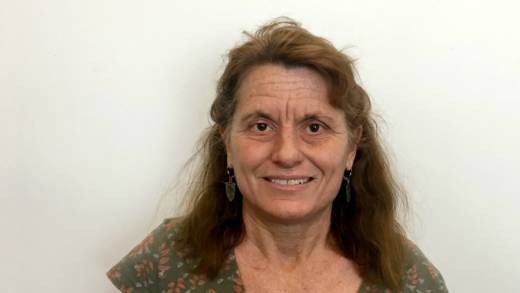An oh-so-brief summer shower kissed the North Bay recently, bringing thoughts of rain, fire and natural selection to Beth Touchette.
A pattering sound awakened me on a recent August morning. My months long wildfire obsession made me assume the sound was created by a firehose being sprayed on our roof. I shot out of bed, and looked outside.
Raindrops were falling on our deck, patio, and as far as I could see. I walked outside, and smelled the no- longer-familiar-wet cave odor on our patio bricks. I inhaled deeply, and went back to bed.
I needed to get ready for work soon, but I wanted to savor hearing rain again. I remembered the many storms I had heard over the 20-odd years we have lived in our house. I hoped I would soon be listening to massive winter storms created by atmospheric rivers. Unfortunately, the pattering ended long before my alarm went off.
I found another glimmer of hope when I read about the Black-backed Woodpecker, whose habitat is the ponderosa and lodgepole pine forests of the North American West, which have experienced regular wildfires for thousands of years.
Jewel and fire chaser beetles have heat sensors under their legs that can detect a fire 40 miles away. The beetles feast on the now defenseless burnt trees, and soon, the trees are filled with their offspring. The woodpeckers evolved black backs and wings, to help them blend in with the charcoal covered trees. As they feast on grubs, they are hidden from the hawks and other birds that also soon return to the forest.
